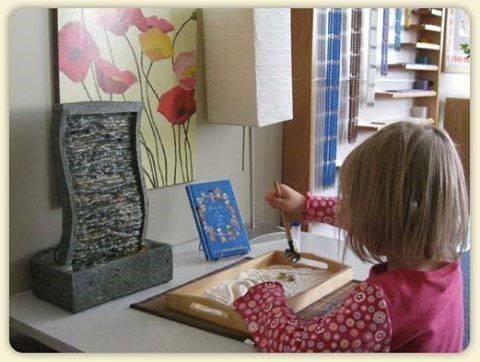The Basics of Infant Education in Montessori Schools
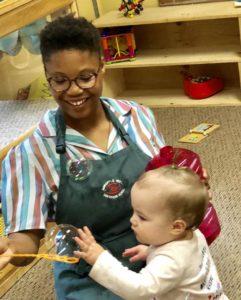
Your baby is years away from reading books by themselves or adding equations. But that doesn’t mean it’s too early to start their education. Take a look at what’s, why’s, and how’s of Montessori learning in the earliest years.
What Is Montessori Education for Infants?
Most Montessori schools start infant education as early as six-weeks of age. Even though your infant can go to “school,” this doesn’t mean Montessori babies learn in the same way older children do. But these classrooms or communities for the youngest students do follow the teachings of Dr. Maria Montessori and the educational philosophy she created.


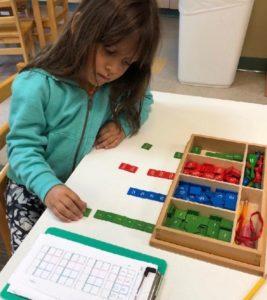 Gifted children, those who are ahead of their peers in one or more developmental areas, have specialized educational needs. While not the only schooling option, Montessori preschools are especially well-positioned to meet the unique needs of these children. Here are the various ways that the Montessori approach to teaching benefits gifted children.
Gifted children, those who are ahead of their peers in one or more developmental areas, have specialized educational needs. While not the only schooling option, Montessori preschools are especially well-positioned to meet the unique needs of these children. Here are the various ways that the Montessori approach to teaching benefits gifted children. What is the uninterrupted work period? Unlike other schools, the Montessori classroom offers children the chance to explore and engage with a prepared environment for a set block of time. If you’re new to Montessori, take a look at the top questions answered about this cornerstone of classroom practice.
What is the uninterrupted work period? Unlike other schools, the Montessori classroom offers children the chance to explore and engage with a prepared environment for a set block of time. If you’re new to Montessori, take a look at the top questions answered about this cornerstone of classroom practice. 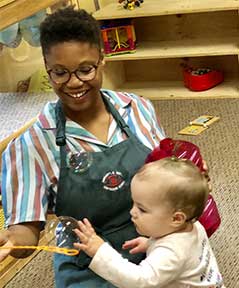 Respect is at the heart of the Montessori classroom. The ideas of grace and courtesy prevail in this educational setting. How can you help your child learn about respect? Take a look at the top tips to help your child learn about this quality in a patient, tolerant way.
Respect is at the heart of the Montessori classroom. The ideas of grace and courtesy prevail in this educational setting. How can you help your child learn about respect? Take a look at the top tips to help your child learn about this quality in a patient, tolerant way.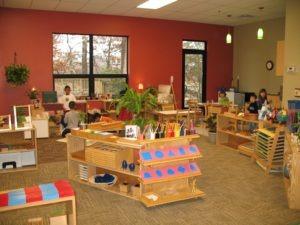
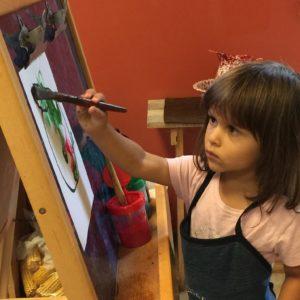

 Montessori preschool helps a young child to grow into a capable, knowledgeable, independent person. Whether you’re new to Montessori or not, understanding your preschooler’s development can help you to better work with the teacher, set expectations, and provide the most support possible.
Montessori preschool helps a young child to grow into a capable, knowledgeable, independent person. Whether you’re new to Montessori or not, understanding your preschooler’s development can help you to better work with the teacher, set expectations, and provide the most support possible.
